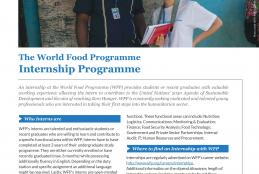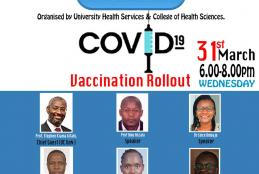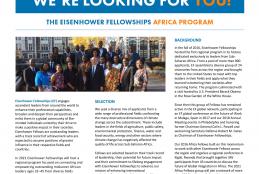Call for Applications- Artifical Intelligence PhD and Post-Doctoral Scholarships
We are pleased to announce that applications for the AI4D PhD and Post-Doctoral Scholarships 2021-2024 are now open.
Deadline for application is on 3rd May 2021.
About AI4D Scholarship Program






